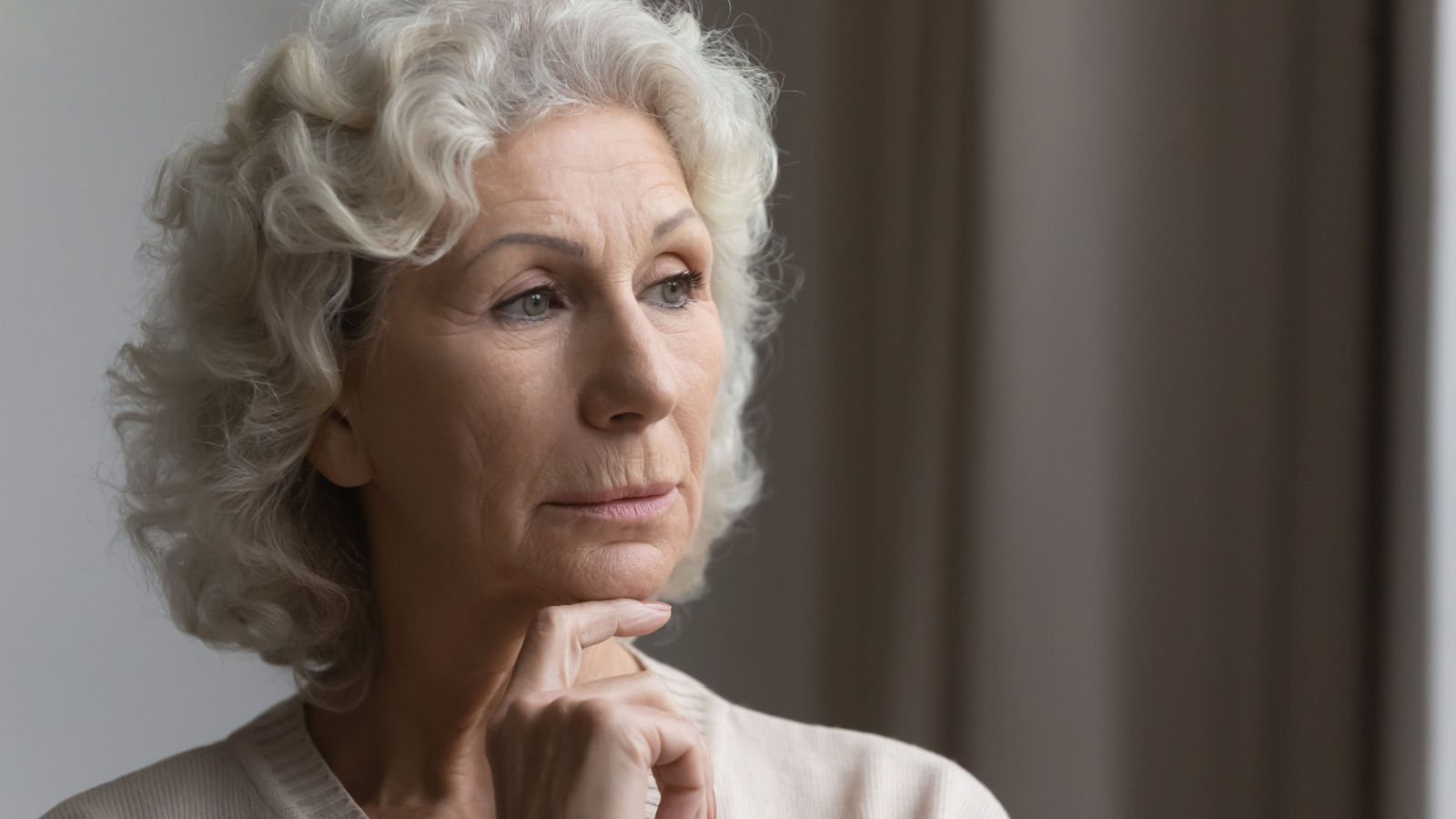As women reach their fifties, biological changes such as menopause, shifts in social dynamics, and evolving personal roles can trigger anger more easily. Let’s examine the factors that make women in this age group more prone to outbursts.
Hormonal Changes

Menopause can significantly affect a woman’s hormone levels, particularly estrogen, which impacts mood regulation. These fluctuations can lead to feelings of irritability and quickness to anger.
Accumulated Stress

Over the years, women often accumulate roles and responsibilities that can lead to chronic stress. This long-term stress may result in a shorter temper and less patience. It’s important for women to seek stress-relieving activities and prioritize their mental health.
Unmet Expectations

As women reach their fifties, they often reflect on their personal and professional achievements. The realization that certain life goals may not be achieved can be a significant source of frustration and anger.
Sleep Disturbances

Sleep patterns often change as women age, with issues such as insomnia becoming more common. Lack of quality sleep can significantly affect one’s mood, leading to irritability and anger. Addressing sleep issues can improve overall well-being.
Caregiver Fatigue

Many women in their fifties find themselves caring for aging parents or still supporting their grown children. This caregiver role, often on top of their own work and life challenges, can lead to exhaustion and anger.
Societal Expectations

Society often places high expectations on women to maintain their youthfulness and vitality. The pressure to conform to these standards can be frustrating and anger-inducing as women age. Embracing one’s age and rejecting unrealistic standards can lead to a more fulfilled life.
Financial Insecurity

Financial security can be a significant concern for women over fifty, especially if they haven’t had the opportunity to save adequately for retirement. Worrying about finances is a common source of stress and anger.
Decreased Physical Ability

The natural aging process can lead to a decrease in physical strength and stamina. This reduction in physical capabilities can be frustrating and lead to anger, especially for those who were very active.
Relationship Dynamics

Long-standing relationships, whether with a spouse, friends, or colleagues, can evolve and sometimes become strained. Unresolved issues may surface more frequently and lead to conflicts and anger. Communication and counseling can often help address these conflicts.
Lack of Recognition

Many women feel that their contributions, particularly at home or in volunteer positions, are not adequately recognized. This lack of recognition can build resentment and anger over time. Acknowledging and celebrating contributions can help to mitigate these feelings.
Health Concerns

As health issues become more prevalent with age, frustration and fear about one’s health can manifest as anger. Dealing with chronic pain or diseases can particularly exacerbate this. Proper medical care and support groups are essential for managing health-related anger.
Empty Nest Syndrome

When children leave home, women can experience a profound sense of loss and identity crisis, leading to feelings of anger and frustration. Rediscovering personal interests and hobbies can fill the void left by children moving out.
Menopause-Related Depression

Depression during menopause is not uncommon, but it’s often undiagnosed. Symptoms of depression can manifest as anger or irritability. Seeking help from healthcare providers for depression is crucial, as treatments are available.
Cultural Dismissal

In many cultures, older women may feel marginalized or dismissed, leading to feelings of anger and resentment. This marginalization can impact their self-esteem and sense of worth. Community involvement and advocacy for age inclusivity can help combat these feelings.
Decreased Libido

Changes in sexual desire and function due to hormonal changes can affect personal relationships and self-image. Open communication with partners and medical advice can help manage these changes.
Fear of Aging

The fear of aging and all it entails can be a profound source of anxiety and anger for women over fifty. Concerns about independence, attractiveness, and relevance can all contribute. Addressing these fears through therapy and support networks can help.
Loss of Opportunities

Perceived or real loss of opportunities, whether in career advancements, relationships, or social engagements due to age, can trigger anger. It’s important to seek new opportunities that cater to this life stage.
Time Pressures

Feeling that time is running out can create a sense of urgency and stress, leading to anger about past or potential future regrets. Focusing on present achievements and setting achievable future goals can alleviate this pressure.
Changing Roles in Society

Women may find themselves expected to take on grandparenting duties or step back from career roles, which can be a source of anger. Finding a balance that works personally and discussing role expectations with family members can help.
Hormonal Treatments

The side effects of hormonal treatments for menopause can include mood swings and increased irritability. It’s important to discuss these potential side effects with a healthcare provider. Alternative treatments or adjustments to current therapies might be necessary.
Invisibility Syndrome

Feeling invisible or overlooked can be a significant source of anger for older women. This feeling stems from a societal focus on youth and can impact self-esteem. Advocating for visibility and creating spaces that value aging can empower and affirm their worth.








